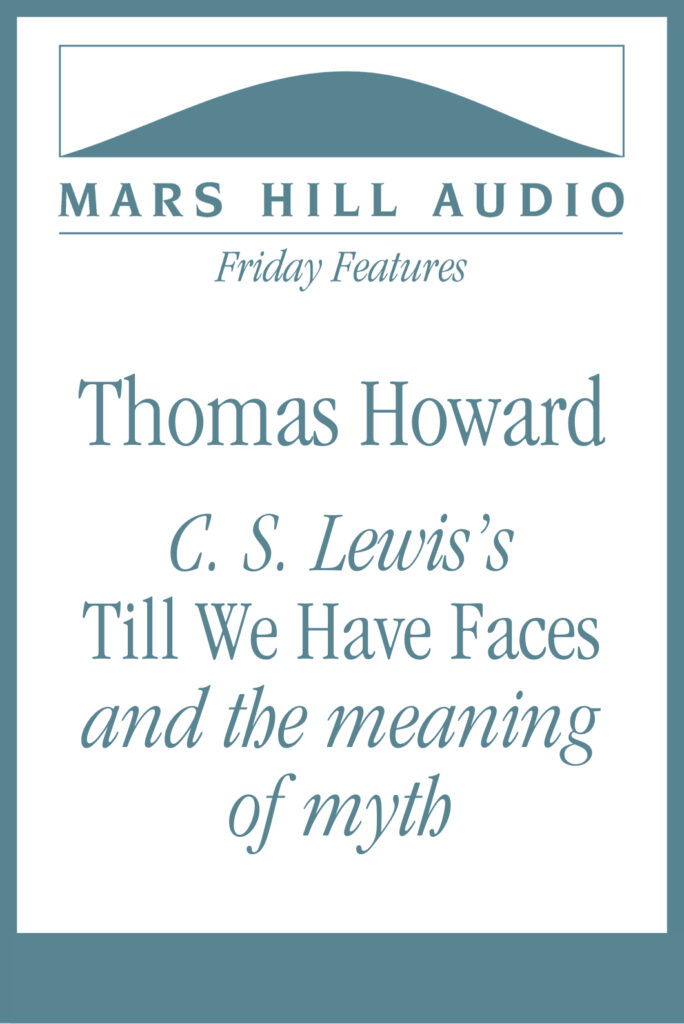
released 10/30/2020
Writer and teacher Thomas Howard died on October 15, 2020. A popular teacher and writer, his many books include Chance or the Dance? A Critique of Modern Secularism, Dove Descending: Journey into T. S. Eliot’s Four Quartet, and The Novels of Charles Williams. In recognition of his service of deepening for many believers the imaginative appropriation of faith and truth, we share a conversation with him about one of his favorite books: C. S. Lewis’s Till We Have Faces.
55 minutes
PREVIEW